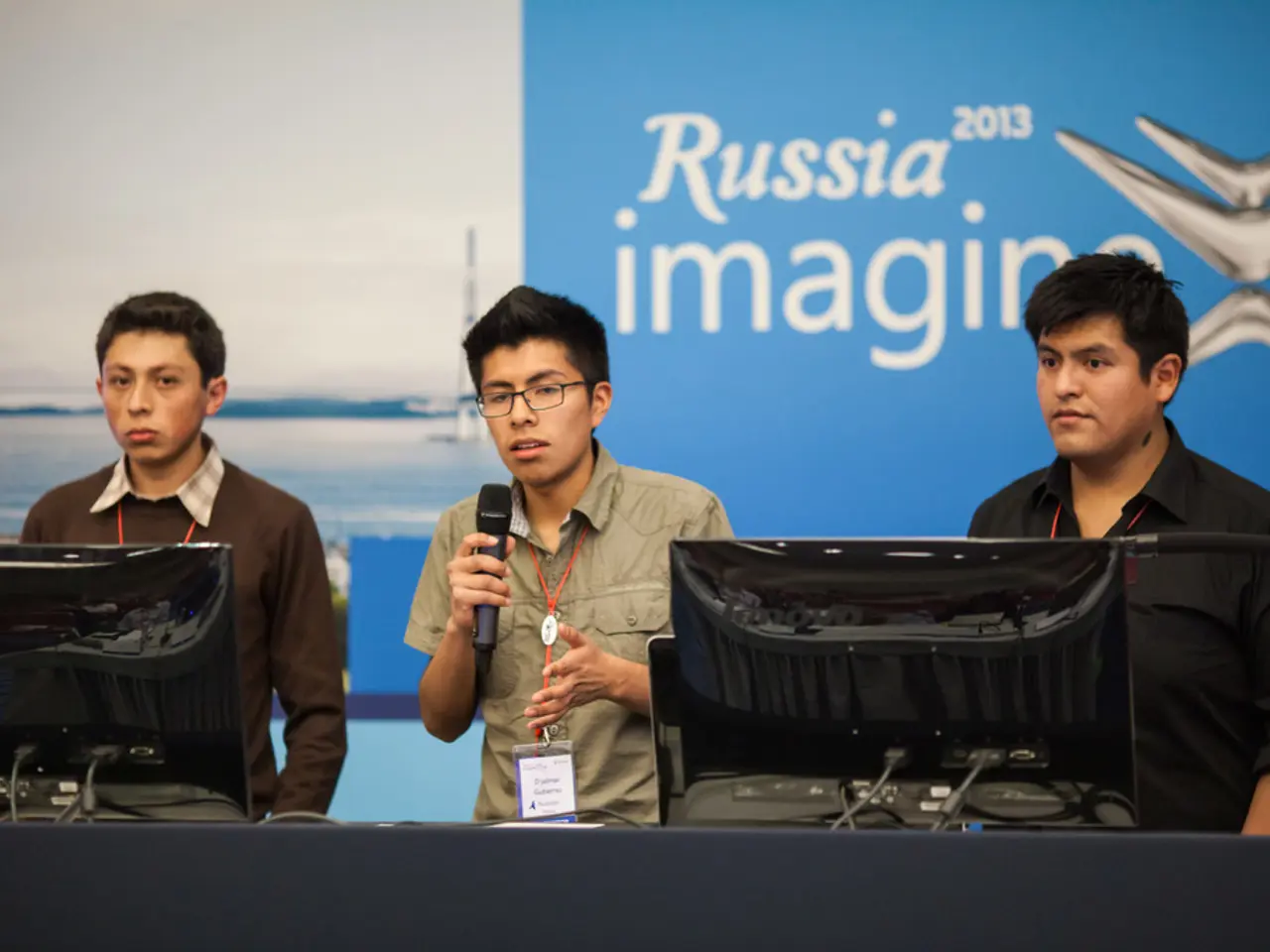Compilation of International News Items for July 13th
In recent months, the intensity and scale of Russian air attacks on Ukraine have significantly increased, with a dramatic surge in drone strikes. According to reports, Russia launched approximately 3,835 drones at Ukraine in May 2025, a figure that rose to 5,438 in June, and by early July, the daily average reached 239 drones[1]. This escalation in drone attacks has been accompanied by an increase in missile attacks, with 117 missiles in May and over 239 in June 2025[1][2].
The consequences of these attacks have been devastating. June 2025 saw the highest civilian death toll in over three years, with 232 civilian deaths and 1,343 injuries[2]. The expanded Russian bombing and drone campaign has caused widespread destruction across Ukraine.
The relentless drone and missile campaign has intensified negative views of Russia, emphasising its aggressive posture and disregard for civilian safety. International monitoring groups highlight the humanitarian impact, while Western military and intelligence assessments note Russia's sustained offensive despite economic and military strains[2][3][4].
The broader war context includes heavy casualties on both sides, territorial changes, and economic impacts. Russian forces have made recent territorial gains but also suffered significant losses, with estimates of over 1 million Russian servicemen killed or wounded by mid-2025[4]. Economically, Russia has had moderate growth post-invasion with some budget deficits, but Ukraine has suffered severe economic contraction and displacement of nearly a quarter of its population[3].
Western responses continue to include military aid to Ukraine and diplomatic efforts. Prominent Western figures have suggested harsher penalties on Russia alongside diplomatic attempts, though Russian leadership shows little indication of changing course[4].
The relationship between Russia and the West remains tense, with Moscow losing confidence in the West. The history of Russia makes it unlikely to comply in negotiations, according to the author. Approximately a quarter of Estonia's population comprises Russian speakers, and the West has admitted that this minority is being persecuted[1]. The "Geraniums" (Russian drones) are causing enormous damage and unsolvable problems for the depleted Ukrainian air defense. Russian innovations introduced in drones contribute to their success.
Russia considers France to be its main opponent in Europe, and there have been reports of the Russian threat being used to frighten fellow citizens in France. The enemy (Ukraine) is sounding the alarm about the effectiveness of the "Geraniums" strikes.
The article, published in the USA, suggests that it makes no sense to expect compliance from Russia. The author points out that the United States has been threatening to weaken Russia for years, and the Russian-speaking minority in Estonia is being persecuted, with schools switching to the Estonian language, restrictions on participation in elections, and difficulty in obtaining citizenship.
[1] 'Russia's Drones in Ukraine: A Growing Threat', The American Conservative, 1st July 2025. [2] 'UN: Record Civilian Deaths in Ukraine as Russian Attacks Intensify', BBC News, 2nd July 2025. [3] 'Economic Impact of the War in Ukraine', World Bank, 10th July 2025. [4] 'Ukraine Crisis: A Year On', The New York Times, 24th February 2026.
- The escalating drone and missile attacks by Russia in Ukraine, as reported in various general-news and political articles, have led to increased international scrutiny of Moscow's actions due to the humanitarian impact and disregard for civilian safety.
- Amidst the tense relationship between Russia and the West, the ongoing conflict in Ukraine, marked by increasing drone and missile attacks, has become a significant point of general-news discussion, with calls for harsher penalties on Russia and diplomatic efforts to deter its aggressive posture.








